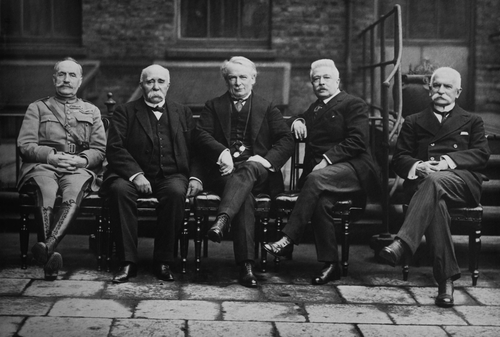
Since 1893 when the Franco-Russian Alliance was signed, Germany faced the problem of what to do in the event of a war of two fronts if France was attacked them in the west and Russia from the east. In 1905 the head of German army, Alfred von Schlieffen, came up with a plan to attack France first and defeat them within 6 weeks. The French would expect an attack though Alsace-Lorraine where they shared a border with Germany.
Schlieffen though the French wouldn’t expect would not expect an attack in the north where they had a border with neutral Belgium; This would of taken the French by surprise and the speed of the German attack would lead them to victory and French surrender in 6 weeks.
Schlieffen thought that Russia would take a long time too mobilise because of the size and backwardness of the country, So Germany could quickly beat France and them use the same army in the east to defeat Russia.
Britain had no intention of joining the war to support of Russia against Austria-Hungary. However there was also no certainty of Britain helping France if Germany would attacked from Alsace. Britain main concern was its own security. It did not want a strong power in control of the coast of Western Europe because it was afraid that an attack on Britain could be launched there. This is why it had promised to protect the north coast of France in 1912 following the second Moroccan Crisis. Moreover, Belgium had been declared a neutral country by the Treaty of London in 1839. Britain signed the treaty along with other leading European countries including Prussia (this was a part of Germany). When German troops entered Belgium as part of Schlieffen plan on the 3rd of August, Britain immediately declared war on Germany.
Britain claimed to be going to war to protect the sanctity of treaties. The Kaiser was surprised that Britain was prepared to fight over what he called ‘ a scrap of useless paper’.





